‘The Bright Field’ describes something beautiful and the poem is also beautiful. The beauty lies in its imagery, ideas and resonances but also, and perhaps mostly, in its music and the way it is put together and, of course, these elements are inseparable. On the first hearing, especially if the poem is new to you, you are probably listening for a narrative or thematic thread, taking in the images and a message, but subsequently much of the pleasure of reading a poem is in seeing how the rhyme scheme works, the metre, the line breaks. I’ll read the poem again and perhaps this time, you might like to focus on the structure, listen for rhymes and half-rhymes and repetitions. (At the talk, I read The Bright Field again.) The machinery of a poem is integral to how we experience it. Spiritual experiences are closely tied to a sense of the beautiful in terms of structure – whether it’s in music or liturgy or the form of a flower, bird or snowflake. As humans, we seem programmed to respond to patterns, whether these are tight and regular or more free-form.
Here’s Don Paterson in his 2004 TS Eliot Lecture:
I’ve said this so many times it’s beginning to sound a bit self-satisfied – but a poem is just a little machine for remembering itself. Whatever other function a rhyme, a metre, an image, a rhetorical trope, a brilliant qualifier or stanza-break might perform, half of it is simply mnemonic. A poem makes a fetish of its memorability. It does this, because the one unique thing about our art is that it can carried in your head in its original state, intact and perfect. We merely recall a string quartet or a film or a painting, actually, at a neurological level we’re only remembering a memory of it; but our memory of the poem is the poem.
A similiar thing might be said of prayer which is, of course, a kind of poetry. This brings me on to the next way in which contemporary poetry relates to spirituality, that is the way it expresses, or even creates, a sense of reverence and transcendence.
Joseph Campbell, the Irish-American mythologist who wrote extensively about comparative religion is quoted, in a TV series The Power of Myth, as saying people are not looking so much for the meaning of life as the experience of being alive. My own sense, working therapeutically is that in our culture, the tail-end of western capitalism, most people are longing to be more alive and a search for spiritual connection is part of that. The prevalence of depression, diagnosed or otherwise, I think reflects the hollowness of consumerism, a false focus on security of all kinds and disappointment in organised religion.
Poems that speak to transcendence and the joy of being alive are often about the natural world. Another cause, I think of spiritual distress is the violence being done to the environment, to animals, to the soil, to children – that is to Creation in all its forms.
Mary Oliver, born in 1935 is one of those rare things, a best-selling poet. Her very accessible poems are based on close observation of the natural world. Like the RS Thomas sonnet, the poem I am going to read has become talismanic, passed between people and posted on various websites. Here’s one of her most popular poems, The Summer Day.
Like The Bright Field, the poem talks about close observation, being in the moment and the transitory nature of life. The final question is disarming and challenging. Unilike the RS Thomas poem, there’s no specific religious imagery, although perhaps most of the poem is an examination of what prayer might be. More recently, Mary Oliver’s poem have changed direction. Her collection Thirst came out in 2007 after she had lost her partner of forty years and began attending church. Interestingly these poems first appeared in religious rather than literary magazines and the collection divided critics. I’ll read one from the book, Heavy. It’s reproduced here.
2 Comments
Leave A Comment
You must be logged in to post a comment.



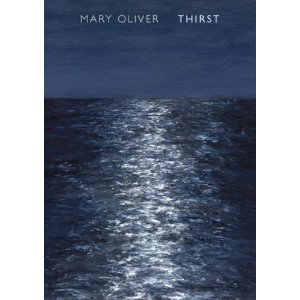


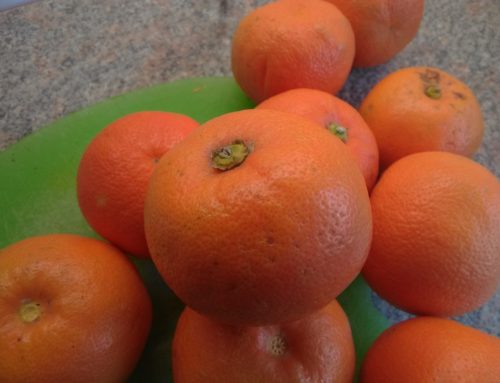
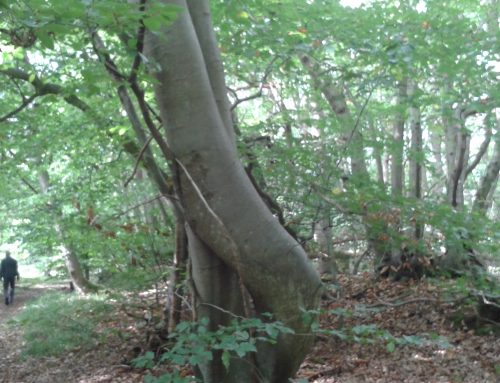
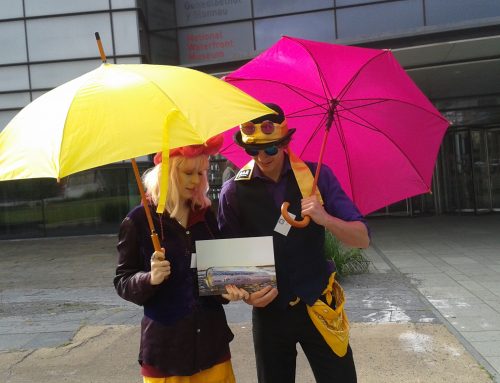
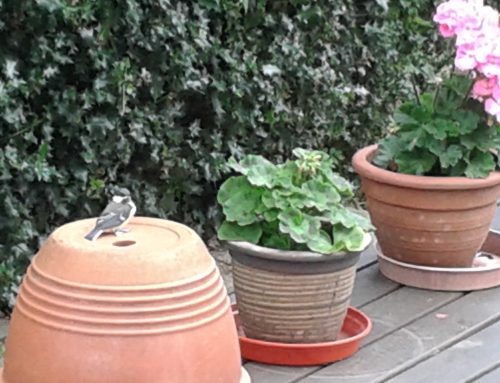


I am so enjoying these posts of your talk. Some great thought provoking ideas, and links to wonderful poems to be reminded of or introduced to. More please…
Thank you for the feedback – it’s really encouraging